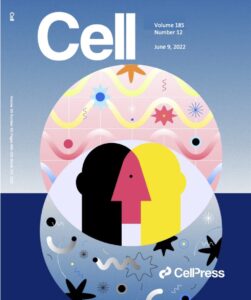$9M ASAP (Aligning Science Across Parkinson’s) grant
The Khurana lab and collaborators have been selected to be part of the first cohort of global ASAP teams, funded $161M to to understand how genes and the immune system contribute to developing Parkinson’s. You can read about this grant here, here and here.
The Ken Griffin prize will see us working with colleagues at MGH to seek an elusive diagnostic for Parkinson’s and related disorders, namely a radiotracer tool to image the protein that aggregates in the brain of patients, alpha-synuclein.
Finally, an NIH R01 will fund the Khurana lab and a team of international collaborators tofurther our understanding of alpha-synuclein aggregation in novel human stem cell models of synucleinopathies, including Parkinson’s disease, dementia with Lewy bodies and multiple system atrophy.
